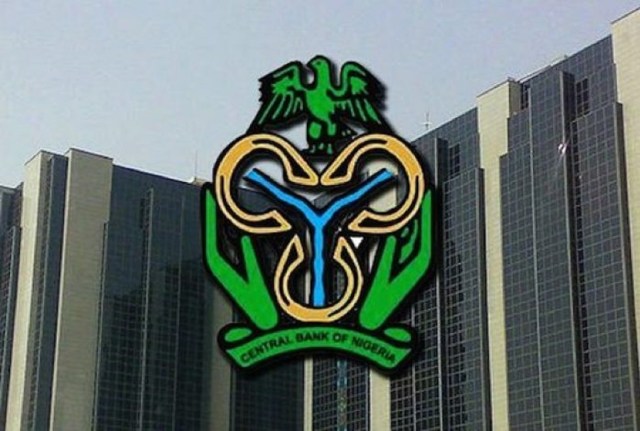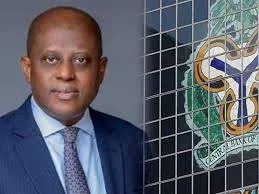MPC Cautions FG on Debt Accumulation



The Monetary Policy Committee (MPC) of the Central Bank of Nigeria (CBN) on Friday warned the Federal Government against using debt-to-gross domestic product (GDP) ratio as a reason for accumulating debts.
During its 271st meeting in Abuja, the Committee raised alarm over rising public debts, which it noted, were growing faster than both domestic and external revenues.
In the communique read by the CBN governor, Godwin Emefiele, at the end of the two-day meeting, the Committee asked the Federal Government to consider building buffers against the growing impact of the country’s high debt profile.
According to the CBN one of the key buffers was the resolve not to be sharing among the three tiers of government all the proceeds from the Federation Account at the monthly Federation Accounts Allocation Committee (FAAC) meetings.
Such a caution by the Fiscal Authorities, the MPC said, would help avert a macro-economic downturn, in the event of an oil price shock at the international market.
Besides, the committee urged the government to gradually reduce reliance on oil receipts and focus on revenue diversification through reforms of the tax system.
The Committee also called on the government to rationalise fiscal expenditure towards reducing the current excessively high cost of governance.
MPC advised the government against the practice of interpreting the favourable debt-to-GDP ratio in a way to justify continued borrowing from domestic and foreign sources and accumulating more debts.
Government critics say continued borrowing to finance government business amounts to inadvertently mortgaging the future of generations of Nigerians who would be saddled with the burden of servicing such debts for several years.
Noting the continued rise in headline inflation (year-on-year) to 11.98 per cent in December 2019, from 11.85 per cent in the previous month, the Committee said this was attributable to increase in both the food and ‘core’ components.
The two components rose by 14.67 and 9.33 per cent in December 2019, from 14.48 and 8.99 per cent respectively in November.
Apart from addressing the monetary factors, the Committee said opportunity for further monetary policy measures has become constrained.
Observing that inflation rate above 12 per cent would hurt the economy, the Committee called on the fiscal authorities to speedily address legacy structural impediments giving rise to upward-trending price developments in the economy.
Meanwhile, the latest report by the Debt Management Office (DMO) on Nigeria’s total public debt shows a rise by about 2 per cent to N26.22 trillion in the last quarter of last year, from N25.7 trillion recorded between July and September 2019.
The Director-General of the DMO, Patience Oniha, said despite the marginal increase in the public debt level, the country was still within the acceptable debt sustainability threshold.







